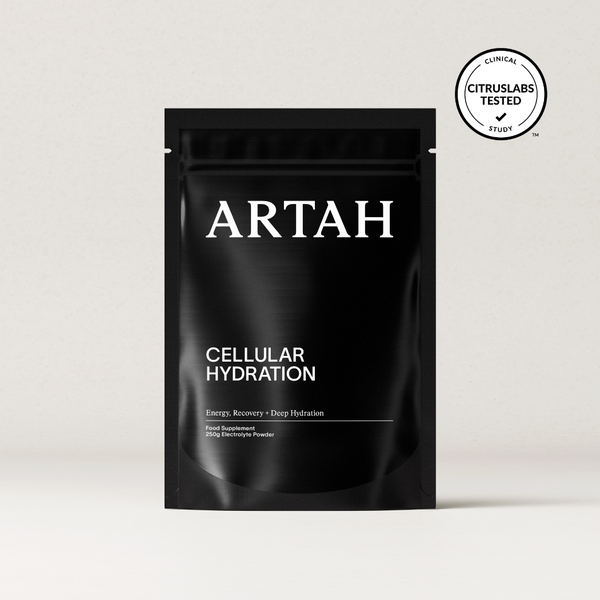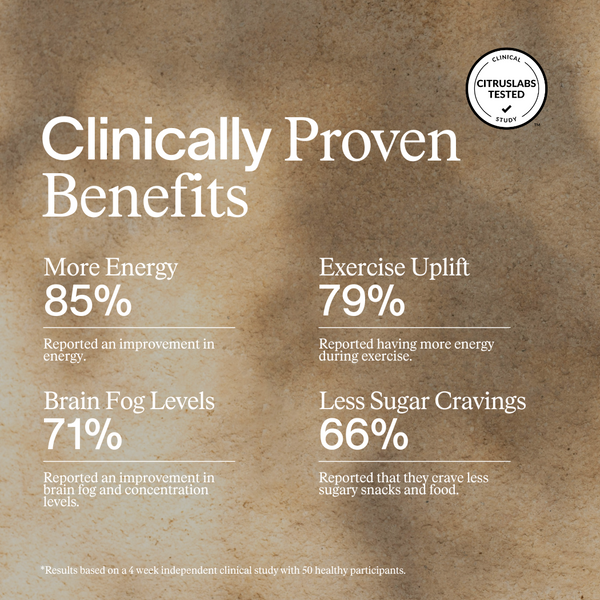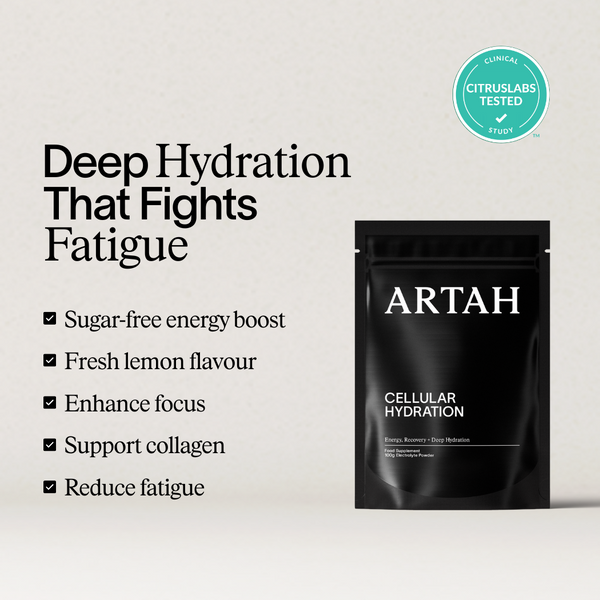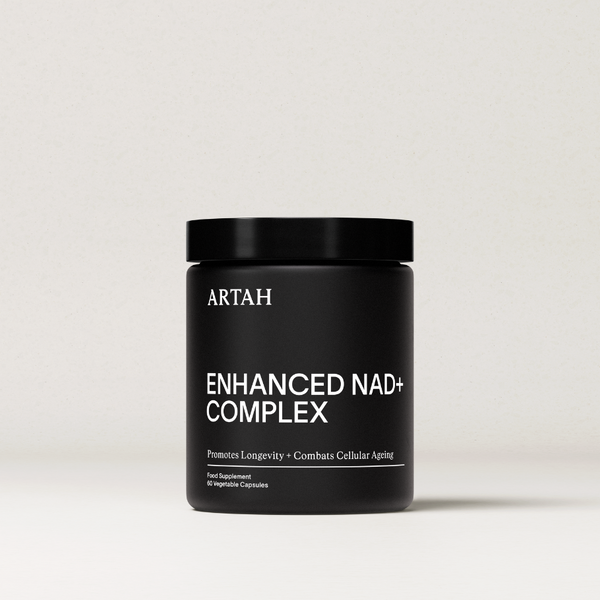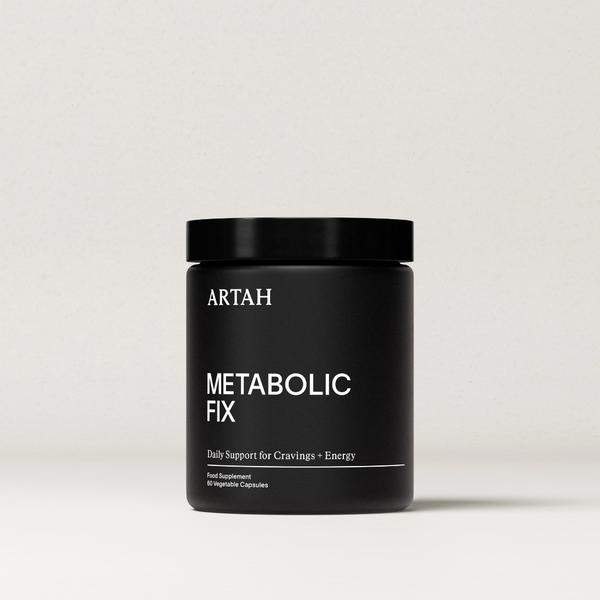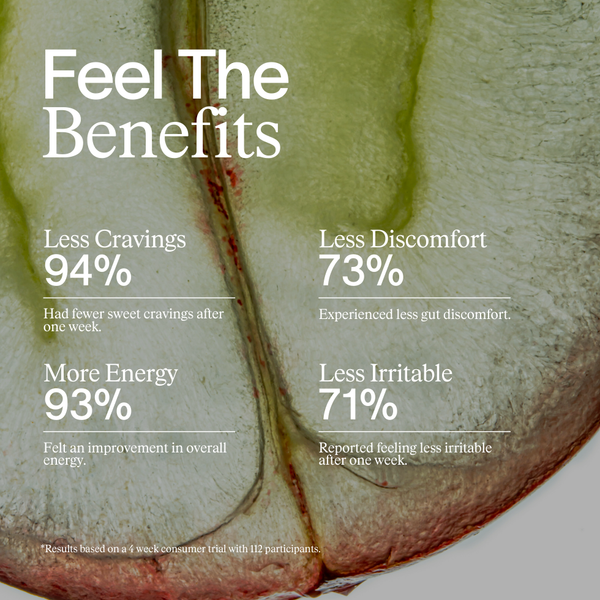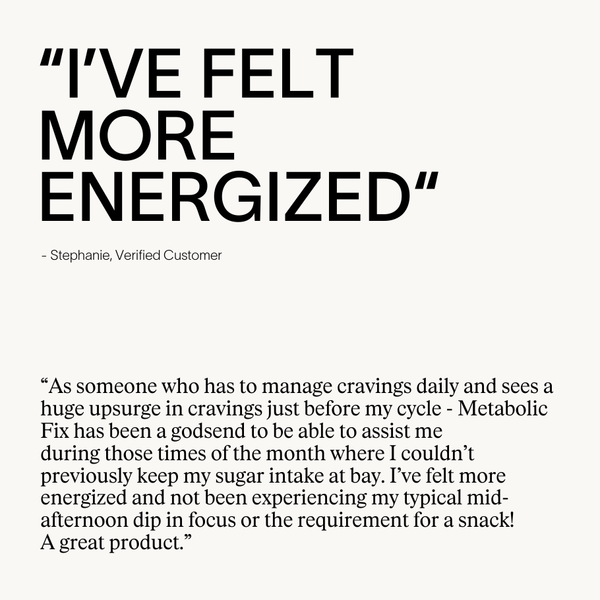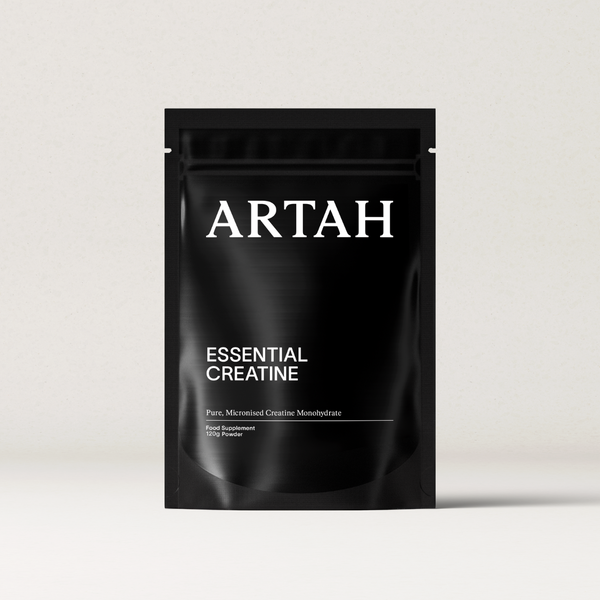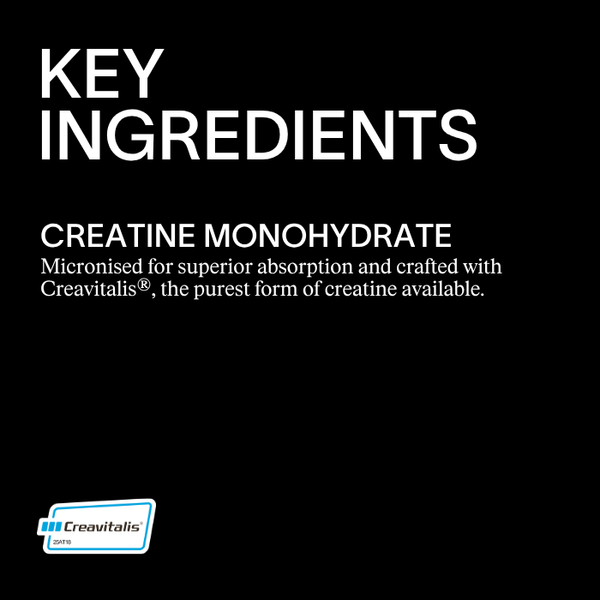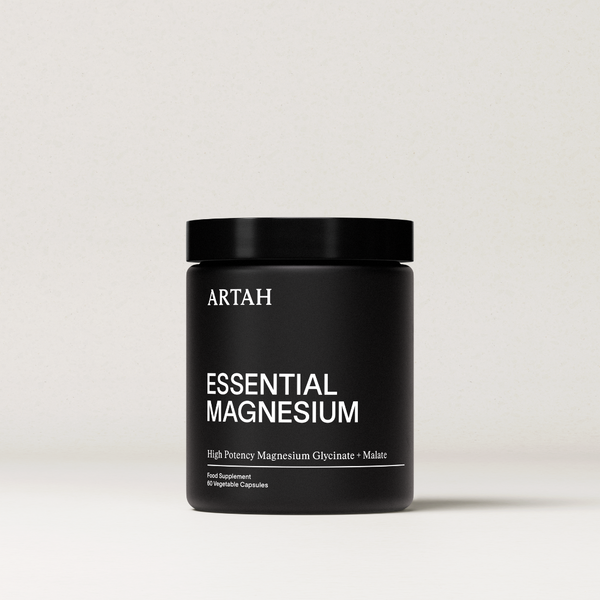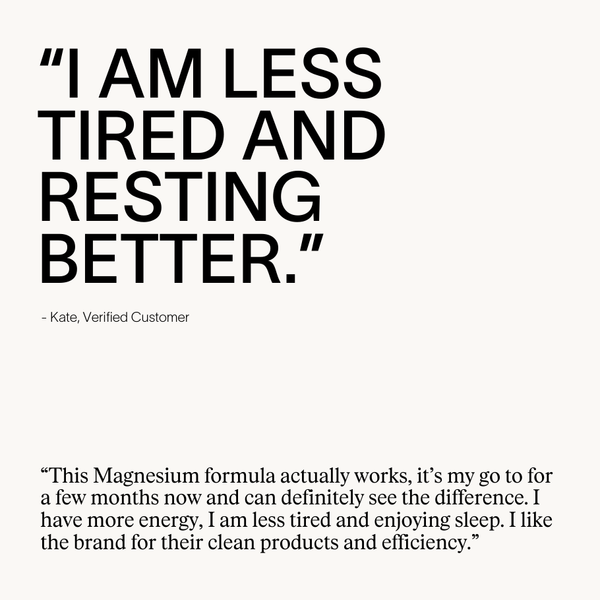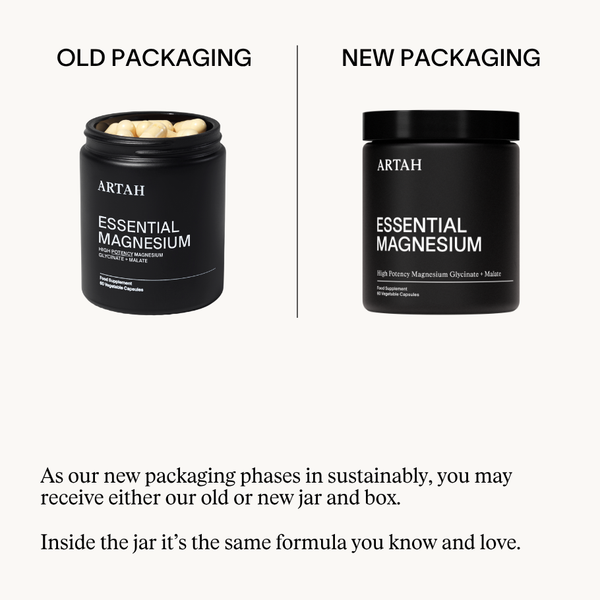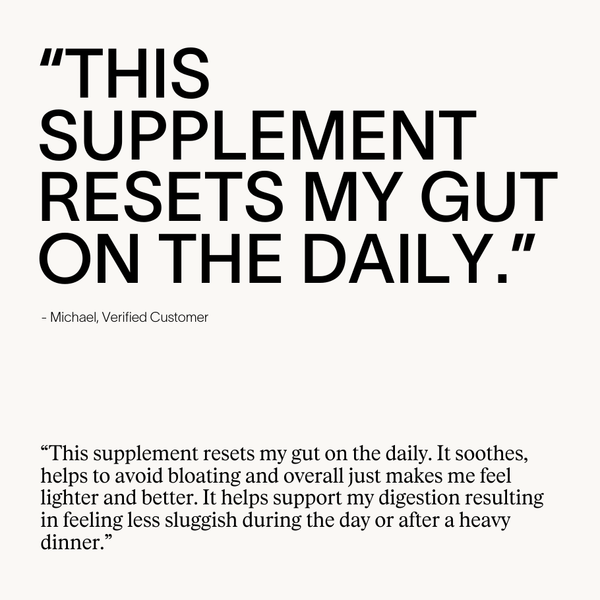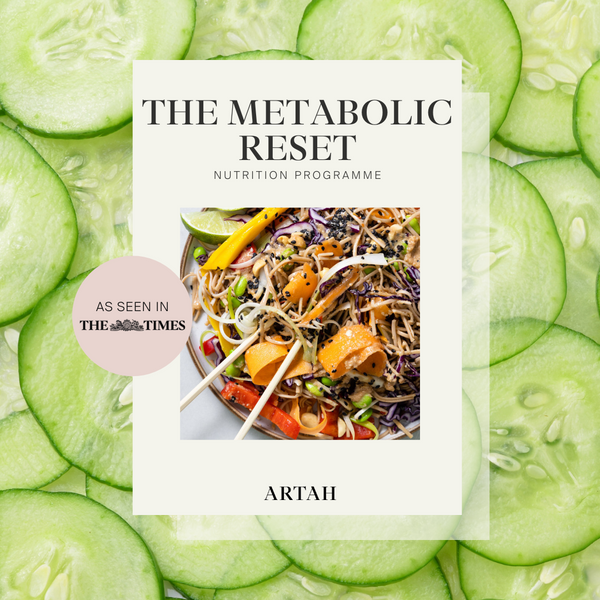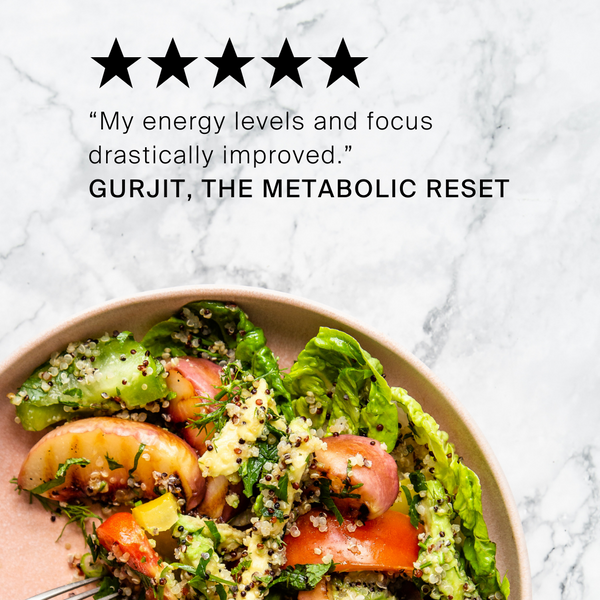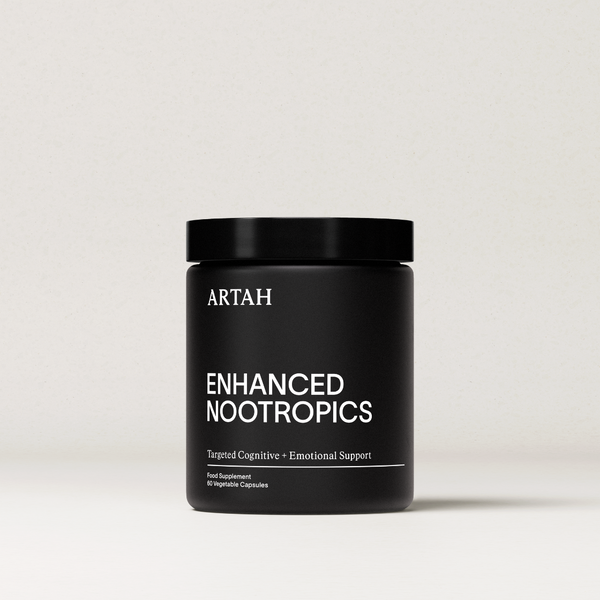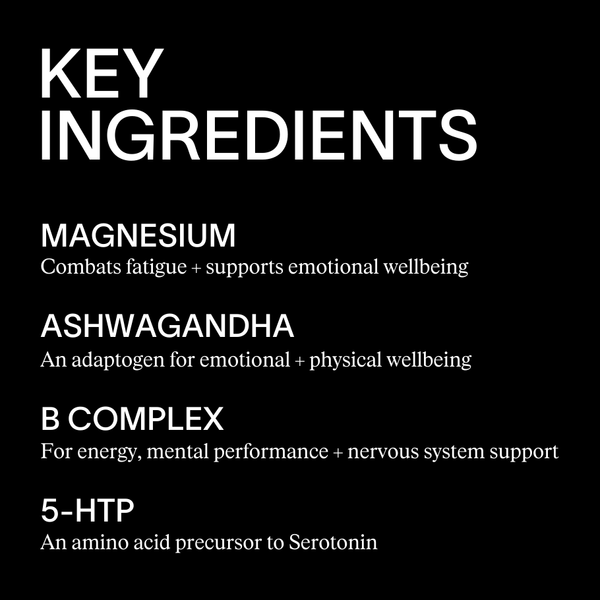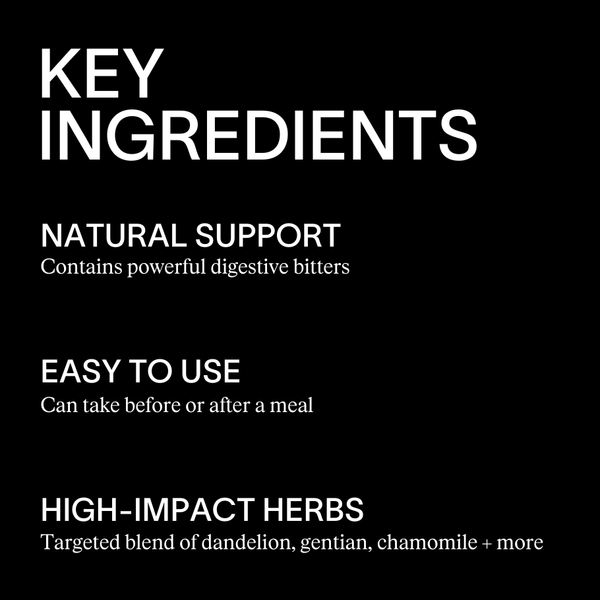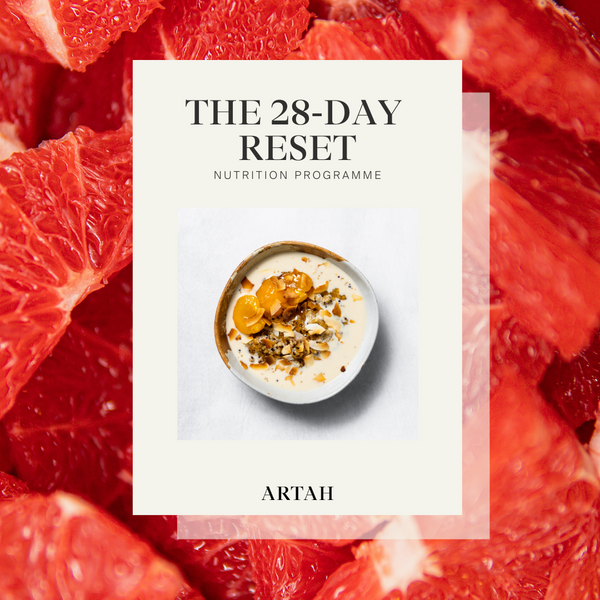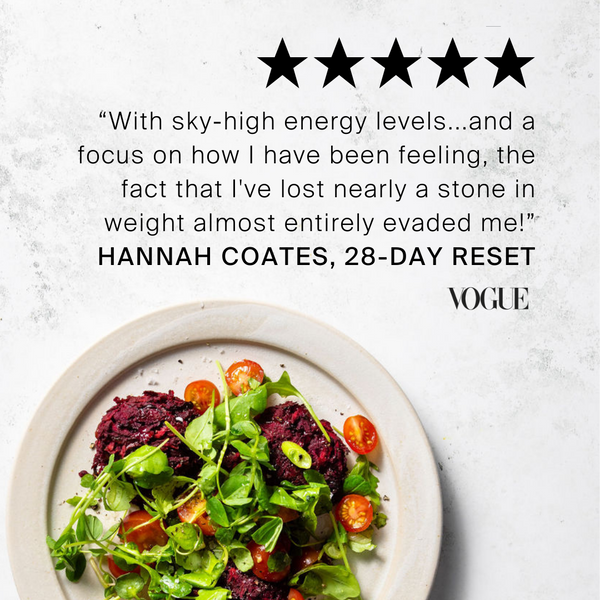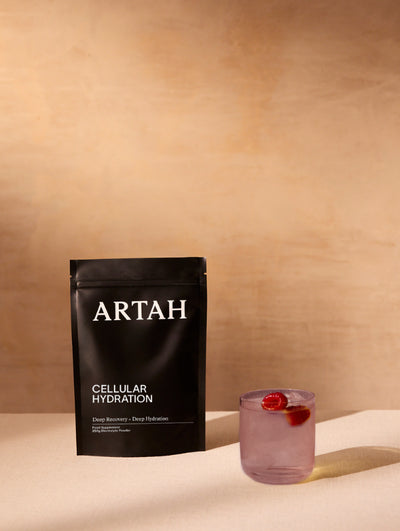From work stress and family issues to emotional challenges and financial pressure, feeling anxious every now and then is a normal part of life. And whilst our emotional well-being is impacted by our external environment, it’s also intrinsically linked to our internal environment. From food and nutrient status to gut health and muscular fitness, our lifestyle plays a major role. Here are 4 things that may be wreaking havoc on your emotions.
You may be unintentionally over fasting/under-eating.
Intermittent fasting has risen in popularity, and whilst healthy fasting practices, like time restricted eating (TRE), occasional FMDs, or therapeutic forms of supervised fasting can have various health benefits, (1) over-fasting will likely have the opposite effect. This is often an unintended consequence of IF practices, but it’s very common, often because it can be too difficult to get all the nutrition we need when trying to eat less often, or in shorter windows. What is classified as over fasting? It’s not always straightforward to define, but in general, if you’re chronically under consuming calories or are starting to feel weakened by your fasting practice, you’re probably doing too much. It can also mean a relative underconsumption of a certain macronutrient, like protein. Over time you may also notice physical signs of chronic caloric restriction; things like changes in hormone health and libido, poor immunity, inability to see results in the gym or loss of muscle, and of course, a rise in anxiousness and feeling more stressed than usual.
What to do:
If you think this may be affecting you, start by doing a little audit of your fasting practices. If you’re following a daily TRE pattern, it’s important to understand that the benefits come from the period of rest and repair that accompanies the extended fasting window, and not from calorie restriction. Having a daily eating window that is difficult to maintain may mean that you’re not getting enough protein, fibre, and calories to sustain a healthy metabolism. This becomes even more relevant as we move towards our 40s and 50s, when protein intake to preserve muscle mass (and therefore, metabolic health), becomes more important.
What to try:
If you’re wedded to your fasting schedule, then don’t worry, there are probably a variety of ways you can optimise what you eat to ensure that it isn't having a negative impact on your wellbeing. It can be useful to set a few goals when it comes to nutrition, starting with protein. Aim for 1.2g per kg of body weight and see how this stacks up against what your current intake is. Next, look at your fibre consumption. The RDA is 30g per day, and this is important for everything from bowel health and regularity to immunity and of course, mood. Why? Our microbiome is a big influencer when it comes to stress, mood, and overall emotional wellbeing. Finally, make sure that the food you are eating is good quality and varied; go for colourful fruits, vegetables, spices and herbs, good quality protein from a variety of sources (think beans, legumes, and animal products, unless you’re a vegetarian), and healthy fats like those in nuts, seeds, olive oil, avocado, olives, and fatty fish. If you’re open to modifying your routine, it can also be helpful to mix it up and reduce the frequency of fasting to ensure you meet your nutrient needs.
You may be on a blood sugar roller coaster.
We’ve all been there; sudden crashes in energy, lack of focus, erratic mood swings, bouts of shakiness, and feeling ‘hangry’ can sneak up on us when we least expect them. But, when we take a closer look, these seemingly unexplained events are often linked to how the foods we've eaten may have affected our blood sugar, and they may be easier to prevent than we think – that is, when we know what to look out for. Feeling like we’re at the mercy of our cravings, being nervous about being ‘caught out’ without a snack because you feel like you can’t function, or having erratic energy and moods throughout the day can all be less obvious signs balancing blood sugar should be a priority.
Energy and appetite are controlled by multiple factors, and we need a variety of protein, fat, fibre, vitamins and minerals to maintain a healthy metabolism. Likewise, if we’re constantly relying on meals that are high in starch, sugar, ultra processed foods, and too many refined carbohydrates, we can experience large swings in blood sugar. The quicker our blood sugar rises, the quicker it falls, and when this happens, it can wreak havoc on mood, energy, and leave us feeling anxious (and usually, unsure why), which is why eating for healthy sugar levels can be so impactful.
What to do:
Start by observing your energy levels and mood throughout the day by keeping a log of what you eat and how you feel, which can be instrumental in identifying patterns that could be linked to food. Pay close attention to your morning routine; note your water intake, caffeine (amount and timing), and what time you eat, with a special focus on what your breakfast is composed of. If you notice that your energy and mood crash quickly after eating, a few simple changes to your breakfast can make all the difference. The most common culprit here is the combination of not enough water, too much caffeine, and too much or unopposed carbohydrate. Try to increase fibre, good quality protein, and healthy fats, whilst stripping out sugary or processed breakfast foods. Even foods we perceive as healthy could be having a negative impact. A classic example of this is instant porridge. Often accompanied by honey and fruit, a large bowl of instant porridge – especially on an empty stomach – can leave you feeling rattled and hungry quickly after your meal. Instead, go for whole jumbo oats, skip the honey, and instead opt for nuts/seeds/almond butter. Pro tip: have a smaller serving of porridge and add a boiled egg or two on the side to increase protein, and slightly undercook your oats, which will give you a bigger hit of resistant starch. Another common pattern is too much caffeine before food combined with a light breakfast; if your usual breakfast order is venti coffee with a piece of fruit, here's looking at you.
What to try:
Food comes first when it comes to balancing energy and appetite, but you can also add supplemental support. Chromium is one of the most important minerals for healthy glucose metabolism, and it’s been shown to help cravings, food intake, and hunger in studies. (2) Consider Metabolic Fix, which combines Chromium with powerful phytonutrients and botanicals that help support energy and cravings.
You may need to top up on brain-friendly nutrients.
Vitamins and minerals work synergistically in the body, so whilst overall nutrient status is important to consider, there are certain nutrients that are especially important for psychological and cognitive function, including the B Vitamins, Magnesium, and Omega 3 fats.
Folate (or Vitamin B9) is probably the most well-known of the B vitamins because of its link to fertility and pregnancy, but it’s also fundamental to psychological function, as are Vitamins B1, B3, B6, and B12. B vitamins are readily available in good quality food, so a diet rich in both plant and animal foods can help ensure you get a good baseline (see foods below). Whilst Magnesium is also found in a variety of foods, the UK National Diet and Nutrition Survey reports insufficient magnesium intake was reported across all age groups, so focusing on this mineral may be particularly helpful. (3)
Magnesium requirements are linked to body weight, however, the current RDA still uses standard reference body weights that are lower than the actual mean bodyweight seen today, so it's important to adjust. Aiming for 6mg per kg of bodyweight is a good reference value to get an optimal amount, and can help you create more personalised guidelines.
What to do:
Up your dietary intake of core brain nutrients by including foods like salmon, leafy greens, eggs, liver, legumes, brown rice, sunflower seeds, trout, chickpeas, papaya, melon, avocado, nuts, mango. If magnesium is your focus, greens, beans, and nuts are great sources. For example, 1 cup of cooked spinach has 158mg of magnesium, one cup of cooked black beans about 120mg, and one ounce of cashews about 80mg. Whole (minimally. processed) grains and psuedograins like barley, quinoa, buckwheat, brown rice and oats are good sources of magnesium, as are avocados, fatty fish, natural peanut butter and wholefood soy products, like tofu and edamame.
What to try:
Enhanced Nootropics. Loaded with the bioactive forms of the essential B Vitamins for cognitive and psychological function, this formula also has a lofty dose of Ashwagandha, an extensively studied Ayurvedic herb, alongside 5 HTP for a calming and uplifting effect.
You may need to top up on electrolytes
Electrolytes aren’t just about physical performance, they’re also essential for psychological health, cognitive function and overall energy. All the electrolytes all work in concert to keep things running smoothly, but Magnesium and Potassium are the heroes when it comes to the nervous system, and both are chronically lacking in the western diet. (3) In addition, lifestyle factors like a stressful schedule, excess coffee, excess alcohol, and regular vigorous exercise can all affect this crucial balance.
What to do:
Take note of your water intake, especially in relation to your intake of alcohol, caffeine, and sugary drinks, and of course, how often you exercise, which can all affect our electrolyte balance. It's also important to be mindful of how often you are fasting, which can also impact electrolyte balance.
What to take:
Cellular Hydration is our go-to to combat fatigue and support the nervous system. It also has adaptogenic maca, also known as Peruvian ginseng, which is traditionally used for hormone balance, emotional balance, and adrenal support, alongside a dose of prebiotic inulin to support the microbiome.
Disclaimer: The information is presented in this article is for educational purposes only and is not intended to diagnose, prevent, or treat any medical or psychological conditions. The information is not intended as medical advice, nor should it replace the advice from a doctor or qualified healthcare professional. Please do not stop, adjust, or modify your dose of any prescribed medications without the direct supervision of your healthcare practitioner.
REFERENCES
- Anton SD, Moehl K, Donahoo WT, Marosi K, Lee SA, Mainous AG 3rd, Leeuwenburgh C, Mattson MP. Flipping the Metabolic Switch: Understanding and Applying the Health Benefits of Fasting. Obesity (Silver Spring). 2018 Feb;26(2):254-268. doi: 10.1002/oby.22065. Epub 2017 Oct 31. PMID: 29086496; PMCID: PMC5783752.
- Anton SD, Morrison CD, Cefalu WT, Martin CK, Coulon S, Geiselman P, Han H, White CL, Williamson DA. Effects of chromium picolinate on food intake and satiety. Diabetes Technol Ther. 2008 Oct;10(5):405-12. doi: 10.1089/dia.2007.0292. PMID: 18715218; PMCID: PMC2753428.
- National Diet + Nutrition Survey: https://www.food.gov.uk/research/national-diet-and-nutrition-survey
